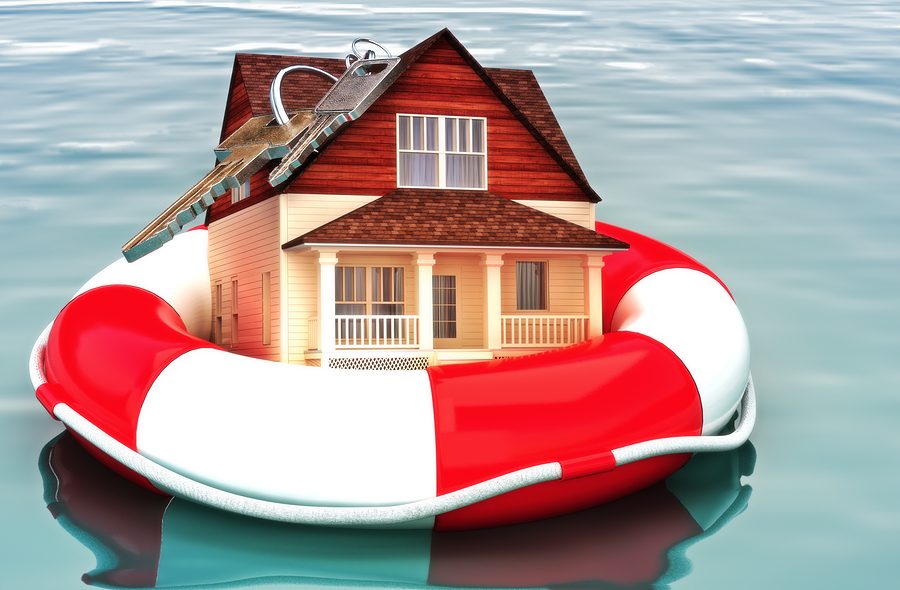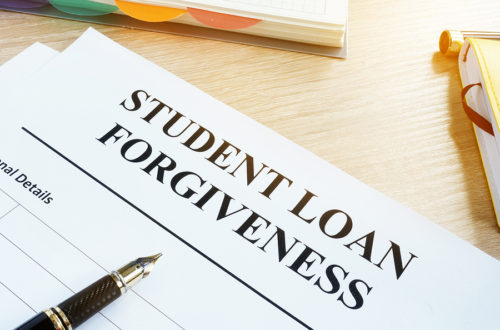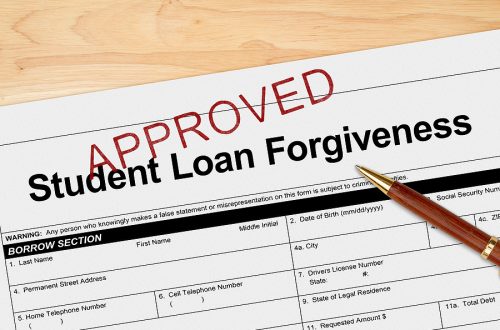One of the biggest fears bankruptcy filers have before proceeding with a bankruptcy case is the fear of losing their home. Depending on the type of bankruptcy case being pursued and whether the home has already fallen into default or even foreclosure, it is possible for filers to keep their home during a bankruptcy case.
Automatic Stay
Many times, filers are already facing a significant amount of financial stress by the time they file for bankruptcy, including having their home fall into foreclosure. The good thing is with the start of a bankruptcy case, the court will issue an automatic stay, which puts an immediate halt for all collection efforts, including foreclosure proceedings, giving the filer a chance to breath before figuring out how to proceed. Creditors can file a request with the court to have the stay lifted, which means that lenders can request that they be allowed to proceed with a foreclosure. If the court determines that the filer would have likely lost his or her home in the foreclosure and is unable to catch up in the arrearages owed on the mortgage, they may grant the lender’s motion to lift the stay and proceed with the foreclosure.
Homestead Exemption
Florida bankruptcy law allows the consumer to claim an exemption on his or her homestead, thereby allowing him or her to keep the house during a bankruptcy. However, this bankruptcy exemption only helps the consumer if he or she is able to not only catch up on past payments owed but also remain current on his or her future payments for the duration of the bankruptcy.
Chapter 7 Bankruptcy
In a Chapter 7 bankruptcy case, the bankruptcy trustee sells the filer’s nonexempt assets, distributing the proceeds from the sale to creditors, discharging the remaining debt. The homestead exemption will apply to the filer’s home during this type of bankruptcy case, and in Florida, this includes the entire amount of equity the homeowner has in his or her residence. However, if the filer is far behind on his or her mortgage payments, a Chapter 7 bankruptcy case does not give the filer a chance to make up his or her mortgage arrears. Unless the filer can work on a settlement agreement with the lender, it is likely he or she will lose the home.
Chapter 13 Bankruptcy
The best form of bankruptcy to allow the filer a chance to catch up on his or her past due mortgage payments would be a Chapter 13 bankruptcy case. In a Chapter 13 bankruptcy case, the filer works with the bankruptcy trustee to create a repayment plan on his or her debts. Repayments plans normally last three to five years, and they allow the filer to restructure his or her debt and catch up on overdue payments. While the bankruptcy exemption protecting the filer’s equity in his or her home applies in a Chapter 13 case, the key is whether the filer will be able to catch up on his or her payments. The filer’s mortgage arrearages would be built into this repayment plan, along with current payments. The filer will need to show that he or she has enough income to make these payments, including the arrearages and regular monthly payments over the course of the bankruptcy case. If this is not possible, it is then possible that the filer may lose his or her home.
Please click here to read more.
If you have questions on this topic or are in financial crisis and considering filing for bankruptcy, contact an experienced Miami bankruptcy attorney who can advise you of all of your options. As an experienced CPA as well as a proven bankruptcy lawyer, Timothy Kingcade knows how to help clients take full advantage of the bankruptcy laws to protect their assets and get successful results. Since 1996 Kingcade Garcia McMaken has been helping people from all walks of life build a better tomorrow. Our attorneys’ help thousands of people every year take advantage of their rights under bankruptcy protection to restart, rebuild and recover. The day you hire our firm, we will contact your creditors to stop the harassment. You can also find useful consumer information on the Kingcade Garcia McMaken website at www.miamibankruptcy.com.



